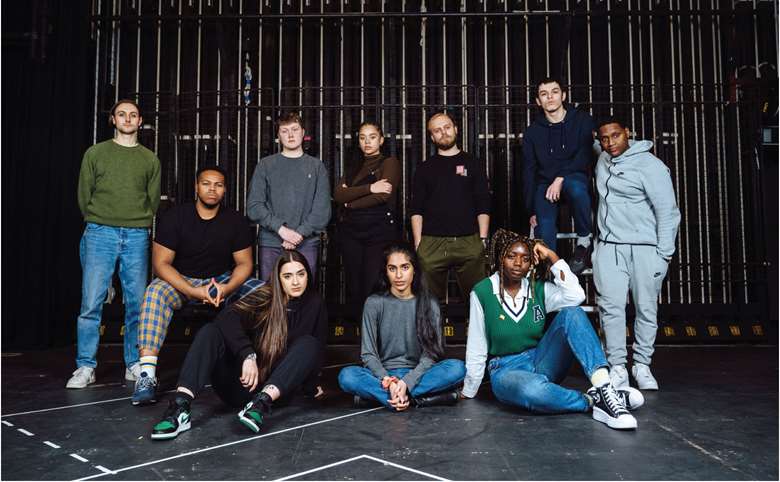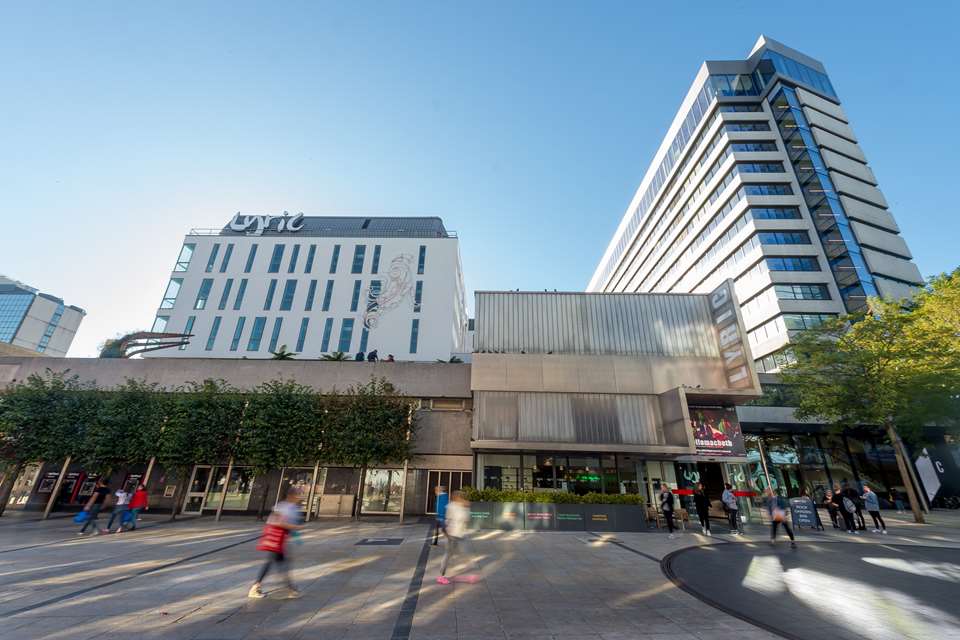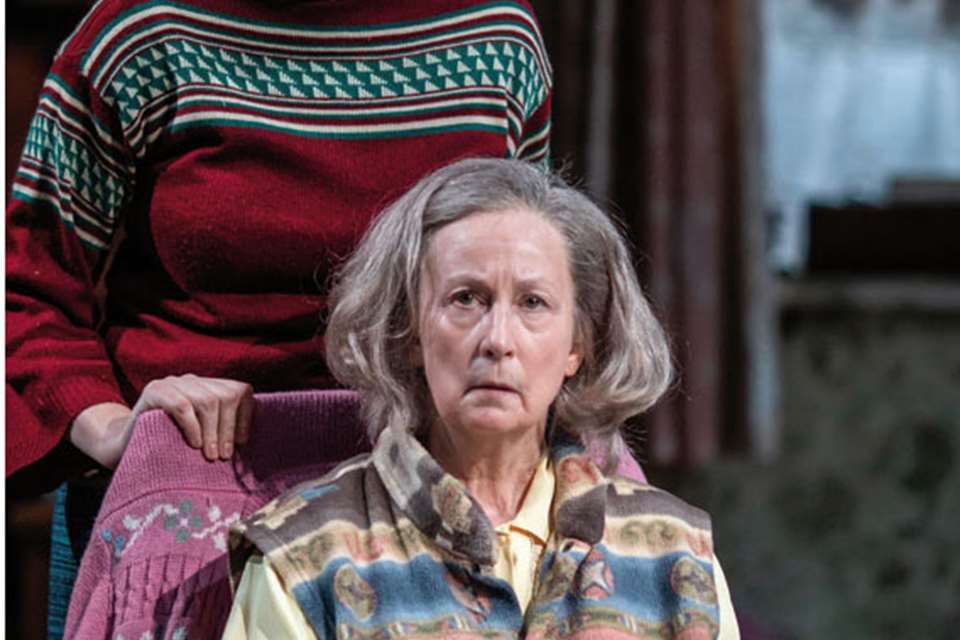Launching careers: Lyric Hammersmith Theatre's Springboard scheme
Dan Clay
Sunday, May 1, 2022
The Lyric Hammersmith Theatre is providing an alternative option to drama school with its Springboard scheme for young creatives; Dan Clay speaks to Young Lyric's director and two new students to find out more.

Helen Murray
Finding your way into the industry at a young age can be a daunting prospect. Even with experience and opportunity, aspirational young students can struggle to break through, and those without any kind of formal training can be at a much greater disadvantage. However, the Lyric Hammersmith in London is giving the latter a real leap forward in the form of its fully funded engagement platform, Springboard.
‘A 360-degree experience’
‘Springboard is a free, part-time two-year training programme that aims to find, shape, inspire, champion and sustain the next generation of performers,’ says Young Lyric director Rob Lehmann. ‘It's designed specifically to support young people aged 18-25 years old who live in West London, have zero to little formal drama training and are currently underrepresented in theatre.’
‘Having a 360-degree experience and understanding of a working theatre and its practices will be invaluable for our Springboard trainees who, after the course, will have the confidence, knowledge, ability, understanding and contacts to be able to know where and how to take those first steps into the industry. Crucially, they will also learn how to stay there.’
Engagement opportunities
Through a range of masterclasses held on-site at the Lyric with a variety of industry-leading professionals, the Springboard trainees will be given hundreds of engagement opportunities over the programme, including casting, to give them a huge boost when it comes to pursuing a career in the arts.
‘As well as performance opportunities across main house, studio productions, film and the Lyric's annual panto, trainees will also receive an induction into front of house, facilitation training in delivering educational classes and workshops, shadowing days with all Lyric departments, bespoke artist life skills classes and more,’ Lehmann explains. ‘This wide range of experiences will also be supplemented with tailored mentoring, career advice and one-to-one support throughout and after the two-year programme.’
Aspirations
With support from the Esmée Fairbairn and the Emmanuel Kaye Foundations for the first three years, 30 students will benefit from the programme's outreach. I spoke to some of Springboard's young people to find out what they are looking forward to, and what they are trying to get out of the opportunity. ‘I'm hoping to come out of these two years completely ready for the industry,’ says 19-year-old Ryan Stevens. ‘I want to perform as much as possible, while working on acting-adjacent skills such as writing and self-producing, and be completely confident in my ability to go and forge a career.’
This is an aim shared by fellow Springboard trainee Rees Jenkins, who didn't see drama school as a viable option until he managed to secure a place on the programme after its thorough audition process. ‘It felt rude not to apply for something that spoke so clearly to me,’ explains Jenkins. ‘Schemes like this that are free and filled with various opportunities are so rare to find these days.’
When asked about advice for young people eligible to apply for the next two rounds of the Springboard scheme, Stevens said: ‘If you're interested, always apply. Don't be afraid to fail. Even if you're unsuccessful, you will learn a lot, meet people, make friends and maybe generate opportunities down the line. The word “networking” gets thrown around a lot in this industry and it sounds daunting, but I think it's really as simple as turning up, most of the time.’
Alternative pathways
As a huge source of inspiration for young people, teachers often feel pressure to find the right programme for their students, especially given the competitive nature of the industry. ‘Drama school is not for everyone and there are some brilliant alternative acting training programmes happening right now,’ says Lehmann.
To broaden the perception of what a career in theatre could look like, Lehmann has some suggestions: ‘Take your students to as much theatre as possible, in particular fringe and studio work outside of the West End to help them gain a greater understanding of all the different work, styles and scale that theatre can encompass as well as recognising different routes into the sector. If you can, invite actors who have not taken the traditional path of drama school training into your establishment to talk to the students. Broadening their horizons and expanding their knowledge of other performance pathways is one of the first stages to success,’ he suggests.
Armed with these experiences, Lehmann believes that students like Stevens and Rees can utilise the Springboard scheme to kickstart illustrious careers. ‘Whatever the competition, they'll be able to confidently and assuredly walk into any audition with the talent, skills, resilience, drive and ambition to succeed.’
For more information on Springboard with the Lyric Hammersmith Theatre, visit lyric.co.uk/young-lyric/springboard



